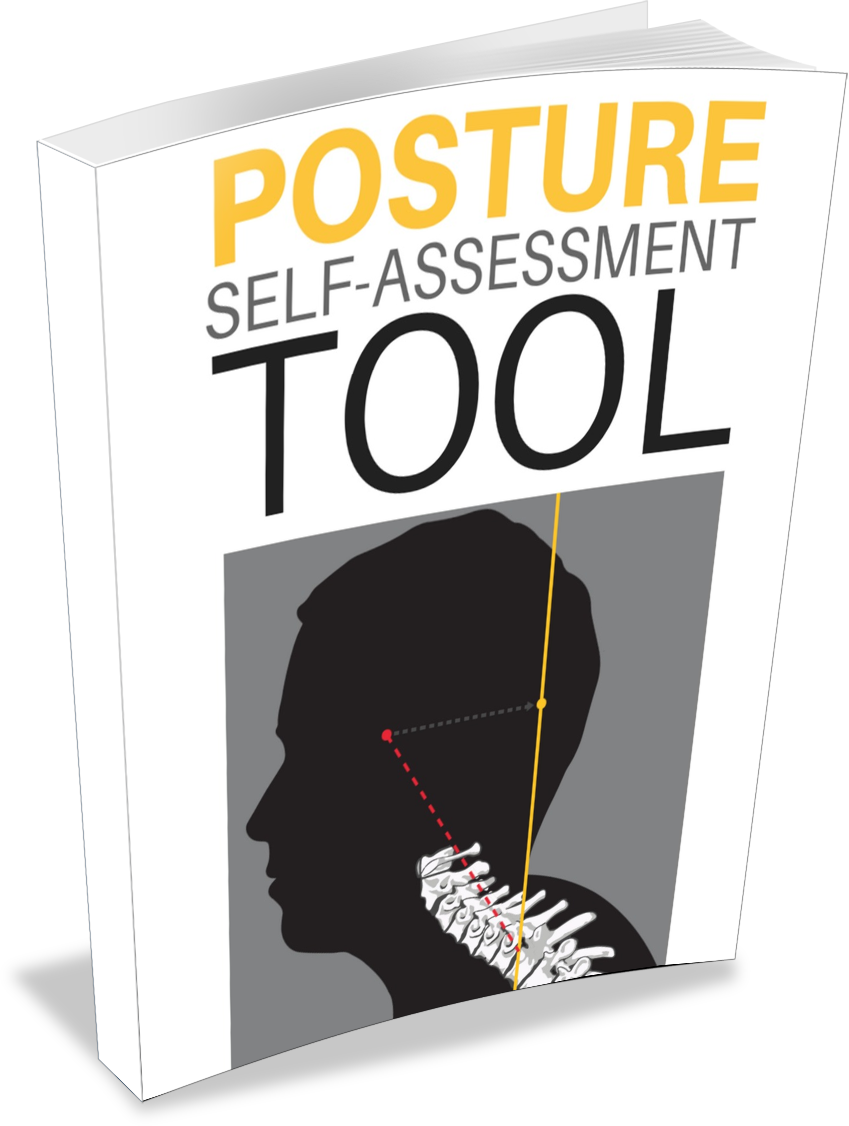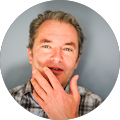In today’s world, most people fall into one of two categories when it comes to how they view health: those who see health as something they have until it’s lost, and those who understand health as a continuous, daily pursuit. These mindsets shape our decisions, habits, and ultimately, our long-term outcomes. Let’s explore both perspectives.
MINDSET 1: “YOU’RE HEALTHY UNTIL YOU’RE NOT”
This is the traditional, reactive approach to health. The thought process often goes: “As long as I feel okay, I must be healthy.”
This mindset is largely symptom-driven. If there’s no pain, no fatigue, and no diagnosis, health is assumed. But when something does go wrong—high blood pressure, chronic fatigue, or a sudden diagnosis—panic sets in. People in this category typically scramble for solutions, which may include medications, surgery, or holistic alternatives.
While it’s important to seek help when unwell, relying solely on this crisis-response model leaves one vulnerable. It lacks the resilience and stability that come from consistent, intentional self-care.
MINDSET 2: “HEALTH IS A DAILY PRACTICE”
The second mindset sees health not as a status, but as an ongoing journey. It recognizes that the body is a self-healing, self-regulating system—but only if given the proper conditions to thrive.
People in this group identify and support the key pillars of health: nervous system function, movement, nutrition, rest, and mental clarity. Their goal isn’t just to prevent illness, but to optimize how the body functions, feels, and performs.
Importantly, this approach is grounded in understanding. It’s not just about doing “healthy things” randomly. It’s about knowing how the body works and choosing daily actions that support its highest function.
WHY THIS DIFFERENCE MATTERS
The distinction between these two approaches may seem subtle, but its impact is significant. One waits for problems to arise. The other builds a foundation so strong that problems are less likely to appear.
The reality is that every action we take either supports or undermines our health. What we eat, how we move, how we sleep, how we manage stress—these aren’t neutral behaviors. Each choice either feeds function or dysfunction.
Adopting the mindset of daily optimization opens the door to greater energy, longevity, and freedom—not just avoiding illness, but truly thriving.
FINAL THOUGHTS: YOUR DAILY DECISIONS MATTER
Health isn’t something we think about only when things go wrong. It’s a lifestyle. It doesn’t demand perfection, but it does demand intention.
When you understand that every daily decision contributes to your future well-being, you shift from survival to optimization.
So ask yourself: Are you waiting for a wake-up call, or are you building the kind of health you want to enjoy for decades to come?
The shift begins with a choice. Choose daily health.


















